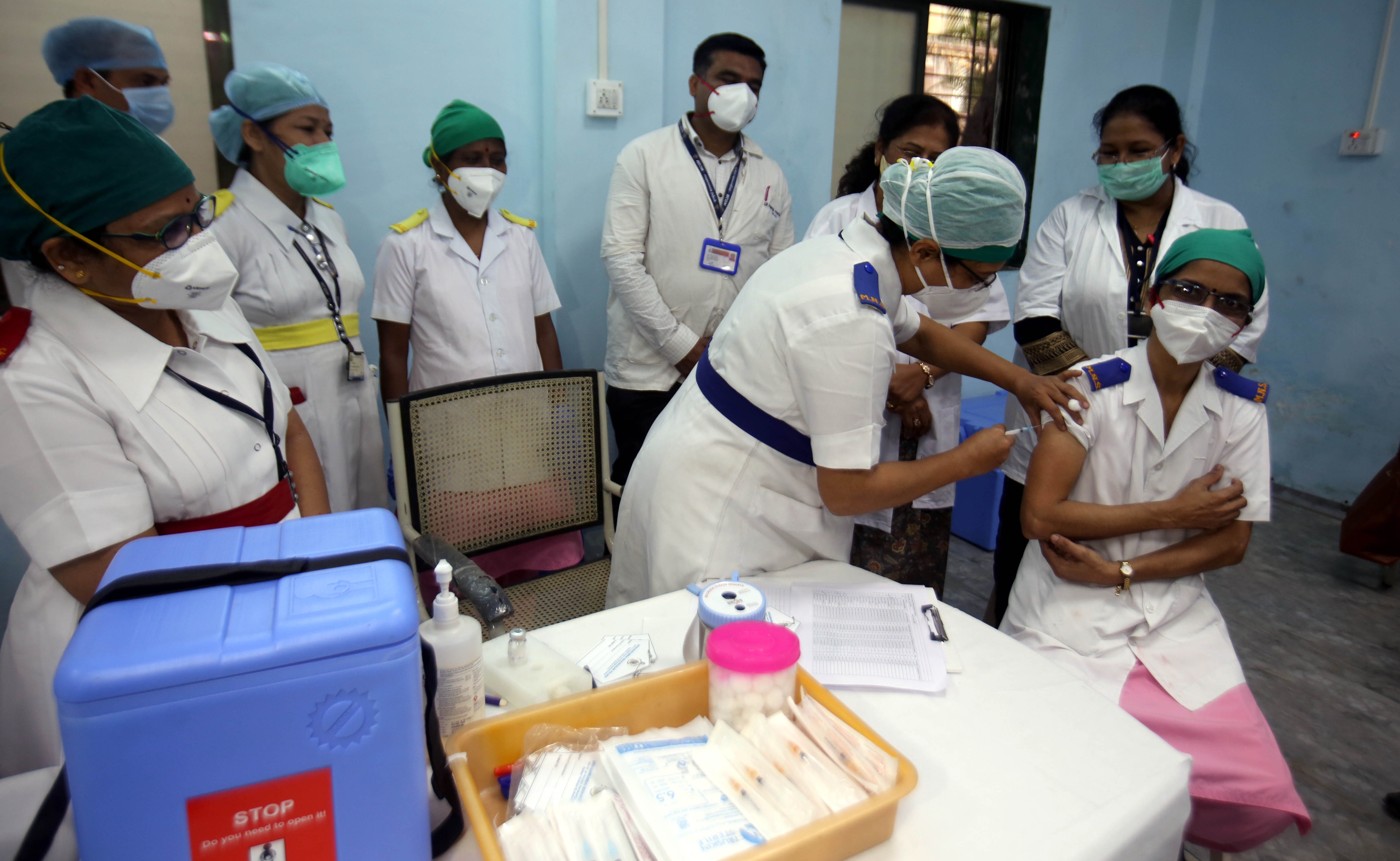New Delhi: As the Centre prepares to begin the vaccination process against the deadly Covid-19 virus from mid-January, two Indian vaccine candidates which have received the Drug Controller General of India’s nod for mass vaccination are ready with the world’s cheapest vaccines against the virus that has already taken away over 1.5 lakh lives and affected over one crore people in India.
The two vaccine candidates from India—the Indian Serum Institute’s Covishield and Bharat Biotech’s Covaxin—have been priced very low, unlike the Pfizer-BioNtech’s vaccine and the Moderna vaccine.
According to the Indian Serum Institute, the Covishield vaccine is likely to be priced around Rs 200 to Rs 250 for each shot. This is the likely price at which the Indian government will procure this vaccine from the Institute.
While Bharat Biotech has not yet officially revealed the pricing of their vaccine, sources from the company have said that it will be available at a competitive pricing and is likely to be less than the price at which Covishield is to be available.
Both the Covishield and Covaxin vaccines are two-dose vaccines and will have to be administered at different intervals.
Compared to this, Pfizer-BioNTech’s vaccine, which is currently being widely used in different parts of the world, is priced at $19 per dose, and the Moderna vaccine has been priced somewhere between $32 to $37 per shot, making it among the most expensive vaccines.
Both these vaccines are also two-dose vaccines that need to be administered at different intervals.
The challenges with the Pfizer vaccine are also quite high as this vaccine demands a very strict cold chain norm. The Pfizer vaccine needs to be stored somewhere between minus 70 to minus 80 degrees Celsius at all times and according to health experts, such a demanding cold chain maintenance for a country like India is nearly impossible and, therefore, this vaccine is not a practical option for India.
On the contrary, the Indian vaccines, Covishield and Covaxin, are much easier to store and transport across a large country like India, since its cold chain requirements are as normal as the other vaccinations that are done in India. These vaccines require a cold chain maintenance of somewhere between 2 to 8 degree Celsius. This is the temperature that is required for storing and transporting of any kind of vaccine in India and is, therefore, considered to be ideal candidates for India, since the country already has arrangements for the logistical support of such kind of a cold chain.
The Covishield vaccine, which is jointly developed by Oxford and AstraZeneca, is being manufactured in India by the Indian Serum Institute in Pune which had conducted the clinical trials in India. The Institute has also said that they are ready with 50 to 60 million doses of the vaccine to be manufactured every month.
The Covishield vaccine is developed using the virus—Adenovirus in a weakened form—which causes common cold infections among chimpanzees and has the same genetic material that is found in spike protein of the Covid-19 virus. This vaccine is found to be 90% efficacious when administered one-and-a-half dose.
Indigenously-made Covaxin by India’s Bharat Biotech has used a “dead” virus, which in medical parlance is known as “inactivated” vaccine, which will be injected into the human body, tricking the human immune response system to activate its immune response to the virus and therefore creating adequate antibodies in the body for the virus.
The “inactivated” virus, however, does not have the capacity to replicate itself in the human body and is, therefore, safe and is likely to have no adverse impacts on the human body.
Indian vaccines against Covid-19 cheapest in the world
- Advertisement -

